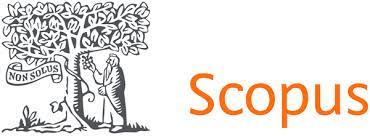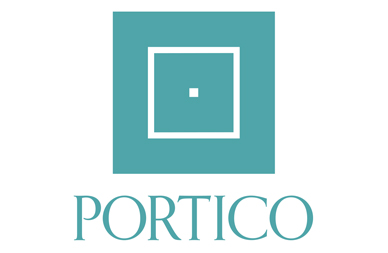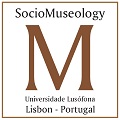INTRODUCTION
Abstract
Community development is a complex field of study and form of practice. Considered for years one of the most significant social forces in the process of planned change (CAMPFENS, 1999), it seems to attract each time more interest in a world increasingly faced with global challenges and a common destiny. Be it in rural or urban areas, in rich or poor nations, practices of community development can be found in virtually all regions of the world. These practices are concerned with the improvement of the most varied number of community conditions; respond to international, national and regional contexts and involve different actors, such as social movements and grass root organizations, social institutions, NGOs, international co-operation agencies, governments, as well as professionals from different disciplines- among them, museology.
From the view of museology, the world of community development carries aspects that are vital for understanding the place it does and may occupy in the global efforts to promote change and a better future. Thus, before proceeding with the exploration of museology contents, it is important to set a broader framework for community development, in which contexts, approaches, and current characteristics of the field will be presented. This framework intends to serve as an introduction for museology contents and as a reference to which museological proposals will be confronted by end of this thesis, in order to point out the place museology does and is able to occupy in development, as said before.
Downloads
Authors retain copyright and grant the journal right of first publication with the work simultaneously licensed under aCreative Commons Attribution License that allows others to share the work with an acknowledgement of the work's authorship and initial publication in this journal.













